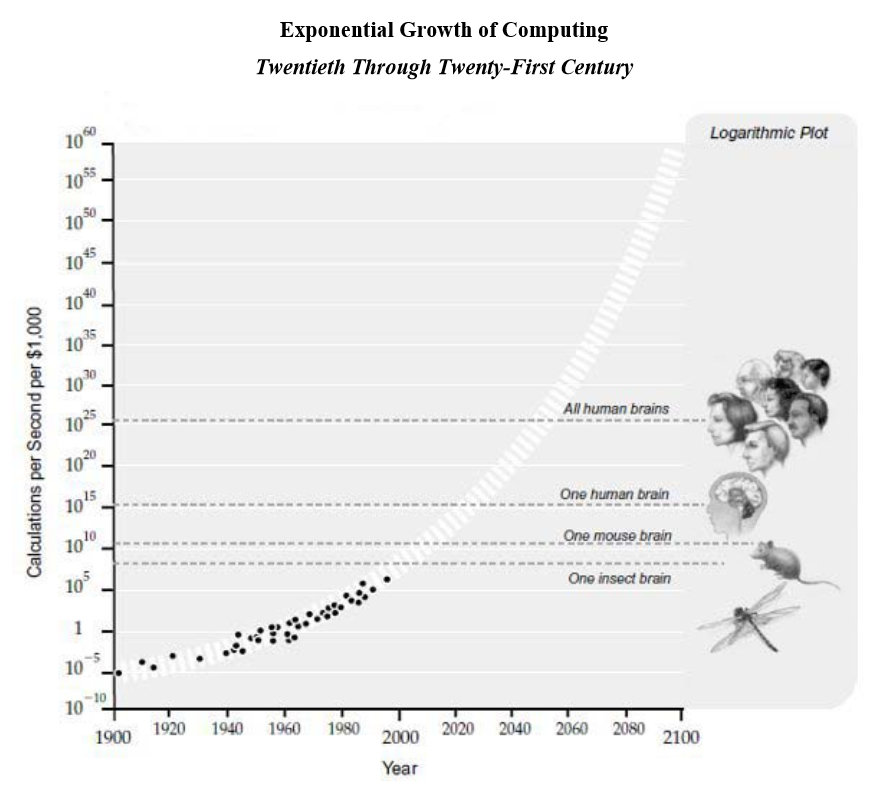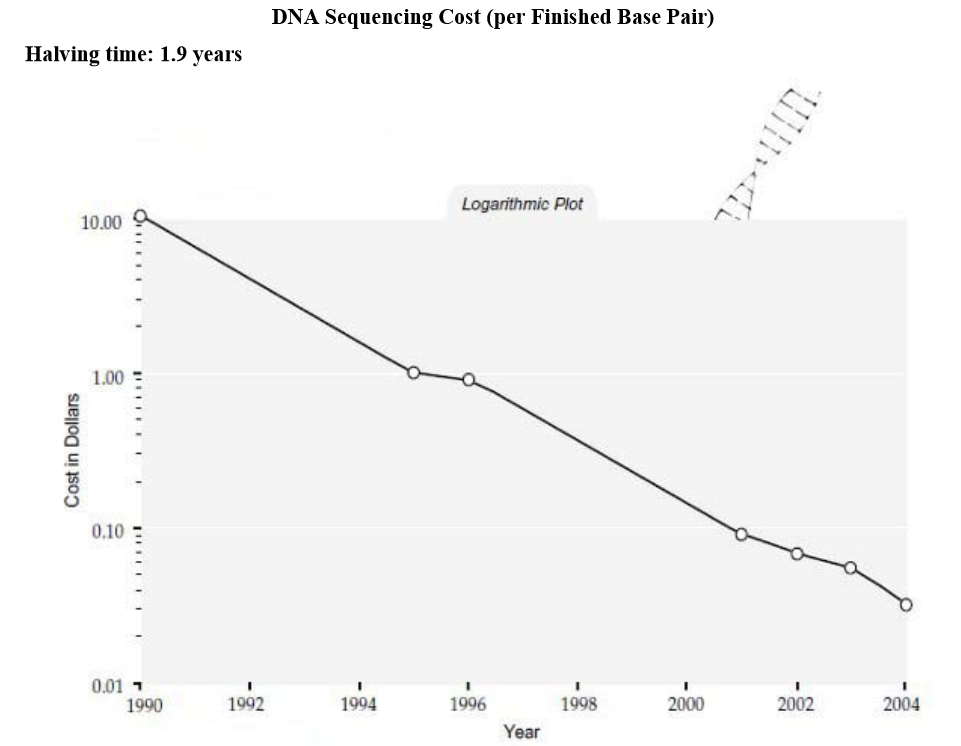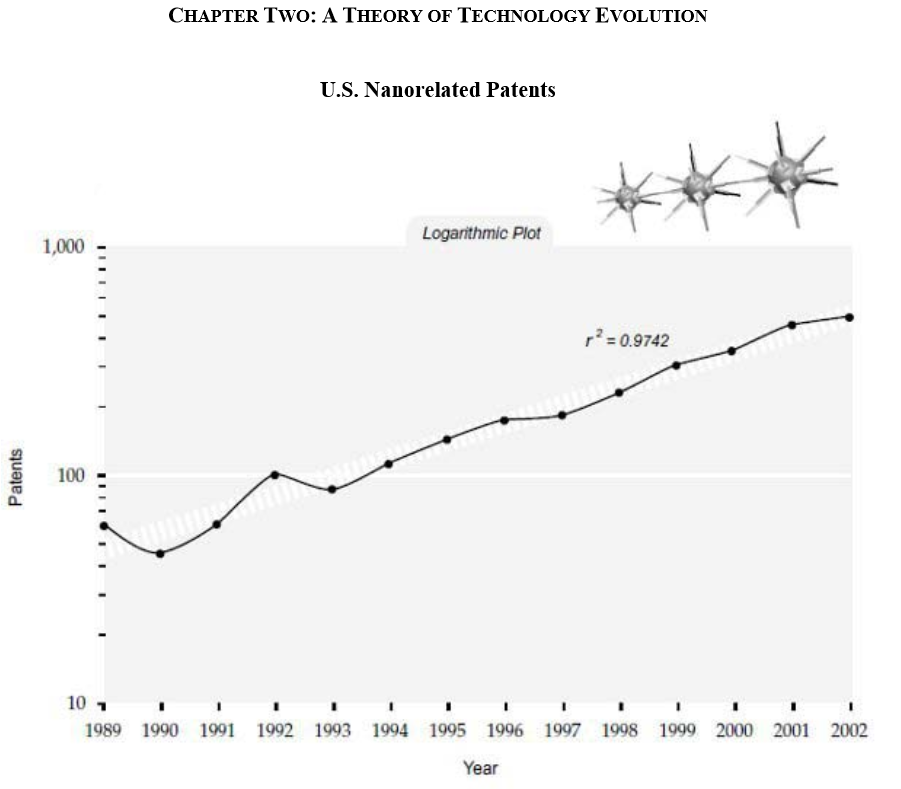zago
New member
- Joined
- Jun 25, 2008
- Messages
- 1,162
- MBTI Type
- INTP
I have no idea where people stand here with regard to current events in the search for a cure to aging, but it clearly isn't talked about enough given its significance. There is a damn good chance that few of us will ever die, involuntarily of disease at least. In my humble opinion everyone should be talking about this and looking to spread the word and possibly contribute to the cause, because it affects not just us but our loved ones.
The first hurdle, before any of the difficult science that needs to be overcome, is reversing our way of seeing death as a society. As death has hitherto been inevitable to everyone to live, people have come up with ways to rationalize it and lessen its emotional impact. There is no sense living in fear of death if there is nothing that can be done about it, so we have gone so far as to even convince ourselves that death is a good thing and gives meaning to life...
It doesn't even stop there. People are so desperate to rationalize life's shit that they even fight FOR smallpox and equally atrocious phenomena. The following were said against Dr. Zabdiel Boylston in 1721:
So my intention for this thread is to make sure we are all on the same page here. If you think stuff like this, you are wrong. Death is murder by age. You've been conditioned to accept it, but it is time to start asking what's really true.
An introductory video which does a nice job of covering all the necessary bases:
A few more flimsy objections are possible, like the problem of overpopulation and "won't it be boring to live forever?" The first is something technology also helps solve, as it has in the past. If the present population of the Earth were given instead the technology of a thousand years ago, almost everyone would starve. Our future progress will, among other things, open up the oceans for drinking water, abolish the practice of raising livestock for meat, and give us nigh-limitless cheap energy, among other awesome changes. As for the second objection, it is ridiculous on its face, but it is obviously preferable to live and be healthy for as long as one wants, rather than getting Alzheimer's or cancer by surprise one day and withering away for months or years.
Others simply doubt the feasibility of curing aging in the first place, citing the complexity of it, as if people can't and never do figure out complex things. My guess is that as long as some regime doesn't outlaw this from happening, longevity escape velocity will happen within the next few decades. Biotechnology is going to be extremely powerful, but nanotechnology will surpass even that. Nanotechnology is going to be pants-shittingly powerful. Further off in the future still, it will probably become possible to upload consciousness to machines, or simply opt for cryonics until the tech does become available.
So to sum up, the main thing holding us back is our own inability conceive of life being different than it has ever been. We are so used to aging and death, we can't accept the possibility that we can conquer those things and end them for good. I figure the sooner and the more people know about this, the faster we will begin to move toward the problem of solving it. This should be our top priority, really, because we and our loved ones are in a race against time. Years matter. 100,000 people are lost every day.
Quick/easy further readings:
No, extreme longevity won't destroy Earth
Would it be boring if we could live forever?
The first hurdle, before any of the difficult science that needs to be overcome, is reversing our way of seeing death as a society. As death has hitherto been inevitable to everyone to live, people have come up with ways to rationalize it and lessen its emotional impact. There is no sense living in fear of death if there is nothing that can be done about it, so we have gone so far as to even convince ourselves that death is a good thing and gives meaning to life...
Perhaps mortality is not simply an evil, perhaps it is even a blessing—not only for the welfare of the community, but even for us as individuals. How could this be? I wish to make the case for the virtues of mortality. Against my own strong love of life, and against my even stronger wish that no more of my loved ones should die, I aspire to speak truth to my desires by showing that the finitude of human life is a blessing for every human individual, whether he knows it or not.
-Leon Kass, then bioethics adviser to president G.W. Bush
It doesn't even stop there. People are so desperate to rationalize life's shit that they even fight FOR smallpox and equally atrocious phenomena. The following were said against Dr. Zabdiel Boylston in 1721:
[Smallpox is] a judgment of God on the sins of the people, [and] to avert it is but to provoke him more.
[Innoculation is] an encroachment on the prerogatives of Jehovah, whose right it is to wound and smite.
So my intention for this thread is to make sure we are all on the same page here. If you think stuff like this, you are wrong. Death is murder by age. You've been conditioned to accept it, but it is time to start asking what's really true.
An introductory video which does a nice job of covering all the necessary bases:
A few more flimsy objections are possible, like the problem of overpopulation and "won't it be boring to live forever?" The first is something technology also helps solve, as it has in the past. If the present population of the Earth were given instead the technology of a thousand years ago, almost everyone would starve. Our future progress will, among other things, open up the oceans for drinking water, abolish the practice of raising livestock for meat, and give us nigh-limitless cheap energy, among other awesome changes. As for the second objection, it is ridiculous on its face, but it is obviously preferable to live and be healthy for as long as one wants, rather than getting Alzheimer's or cancer by surprise one day and withering away for months or years.
Others simply doubt the feasibility of curing aging in the first place, citing the complexity of it, as if people can't and never do figure out complex things. My guess is that as long as some regime doesn't outlaw this from happening, longevity escape velocity will happen within the next few decades. Biotechnology is going to be extremely powerful, but nanotechnology will surpass even that. Nanotechnology is going to be pants-shittingly powerful. Further off in the future still, it will probably become possible to upload consciousness to machines, or simply opt for cryonics until the tech does become available.
So to sum up, the main thing holding us back is our own inability conceive of life being different than it has ever been. We are so used to aging and death, we can't accept the possibility that we can conquer those things and end them for good. I figure the sooner and the more people know about this, the faster we will begin to move toward the problem of solving it. This should be our top priority, really, because we and our loved ones are in a race against time. Years matter. 100,000 people are lost every day.
Quick/easy further readings:
No, extreme longevity won't destroy Earth
Would it be boring if we could live forever?
Last edited:






